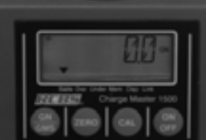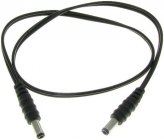CharlieNC
Gold $$ Contributor
Everytime you calibrate there is opportunity to induce error, which might be what you are seeing. I keep my 1500 powered up all of the time, and only need to tare the pan to maintain constant results based on check weights and confirmation of charges on another digital, generally +/-.05gr. If you demonstrate a need to calibrate during a loading session(ie a check weight is off), that also demonstrates something is wrong. Otherwise randomly calibrating for no reason may be your problem.












